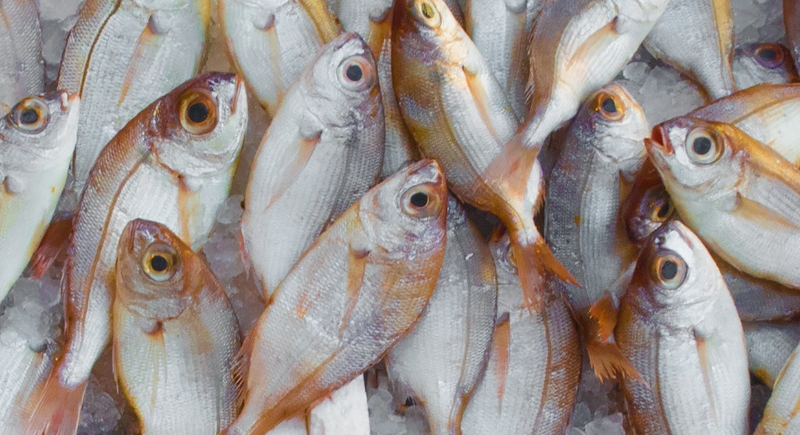Why You Should Never Order Fish at a Restaurant on a Monday, According to Chefs
Long before his television fame, Anthony Bourdain was a New York City chef who saw the hidden side of restaurant kitchens. In his 2000 book “Kitchen Confidential: Adventures in the Culinary Underbelly” and his earlier New Yorker piece, he advised diners to never order fish on a Monday, mainly because of how restaurants handled food behind the scenes.
In the late 1990s, most New York restaurants bought seafood from the Fulton Street Fish Market, which closed on weekends. Chefs placed big orders on Thursday to cover Friday and Saturday, the busiest days of the week. By Monday, whatever was left could be several days old. Even if it didn’t smell bad, it wasn’t exactly fresh.
Bourdain explained that kitchens running full speed often opened refrigerator doors constantly, which made proper cooling difficult. His logic was that fish delivered on Thursday could be four days old by Monday, so it was safer to wait until Tuesday or Thursday for a fresh batch.
How the Industry Has Changed

Image via Pexels/mali maeder
Many restaurants now receive seafood deliveries several times a week, and some even get them daily. Chef Jason Pfeifer, Executive Director of Food & Beverage at Mattos Hospitality, explained that modern kitchens follow a “PAR” system, short for “periodic automatic replacement,” which helps maintain steady stock and freshness.
Pfeifer added that, although a few suppliers still skip Sunday deliveries, most reputable restaurants now employ careful temperature control and proper icing methods to ensure seafood remains safe. The idea of old fish sitting in the fridge is far less common. Some chefs even intentionally age or cure certain fish to develop flavor under controlled conditions. This method is part of a precise culinary process.
Overall, modern supply chains, refrigeration, and quality checks have made the “Monday fish” warning outdated in well-run restaurants.
Bourdain’s Own Change of Heart
The late celebrity chef later admitted that his own rule didn’t fit the modern dining world. In a 2016 interview, he reflected on how restaurants had evolved since his 1999 article. Chefs became more disciplined as food standards improved and customers grew more aware of what quality fish should look and taste like.
He credited America’s growing interest in sushi for raising expectations nationwide. As he put it, “Everybody eats sushi now.” People had learned to recognize good fish, and restaurants could no longer get away with serving low-quality seafood.
Still, he didn’t completely drop his caution and warned diners to be careful with mussels or shellfish from small pubs, where storage might still be unreliable. But overall, he laughed about how his original quote followed him for years, saying, “Regrettably, ‘don’t eat fish on Monday’ is going to be on my headstone. But it’s almost two decades later. Things have changed. Eat the damn fish.”